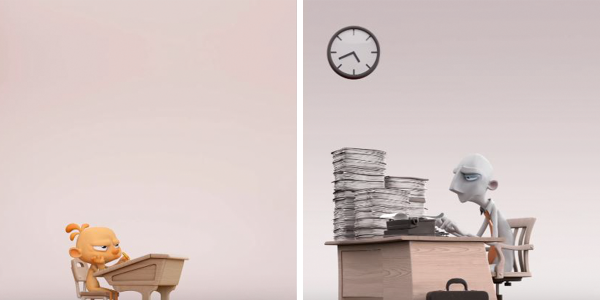Musical Instruments Museum is the largest instrumental museum in the world (in Arizona, USA) whereby instruments are displayed geographically by continents and sub-continents. Its size is as big as Suntec City.
I've recently discovered that we can in fact perform a COMPREHENSIVE virtual tour of its entire museum (try it, can be addictive for several hours) simply via Google Maps!
And it is deadly accurate because we do see the Banjo and Sousaphone in USA, the Musette accordion... See More
Musical Instruments Museum is the largest instrumental museum in the world (in Arizona, USA) whereby instruments are displayed geographically by continents and sub-continents. Its size is as big as Suntec City.
I've recently discovered that we can in fact perform a COMPREHENSIVE virtual tour of its entire museum (try it, can be addictive for several hours) simply via Google Maps!
And it is deadly accurate because we do see the Banjo and Sousaphone in USA, the Musette accordion in France, Highland Bagpipes in Scotland, Mandolins in Italy, Tárogató and Cimbalom in Hungary, and the Shakuhachi and Shamisen in Japan and many more!
Remember to use your desktop PC (so that we can use the scroll button at the centre of our mouse to navigate) instead of your smartphone to best enjoy the tour!
#general


This is awesome! What makes you like the Hungarian version most?
Maybe lately I've been listening to lots of Hungarian traditional tunes and have identified some common styles among them; and the way the Hungarian version is arranged has captured that exact... See More
Maybe lately I've been listening to lots of Hungarian traditional tunes and have identified some common styles among them; and the way the Hungarian version is arranged has captured that exact style so aptly!
In yesterday's Adam Gyorgy concert, he played Liszt's "Hungarian Rhapsody No. 2" in one of his encores - and we know Liszt was very heavily influenced by Hungarian Folk music!
Yes, exactly, and so is Brahms!